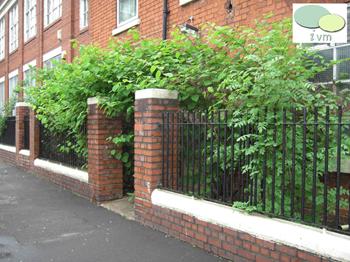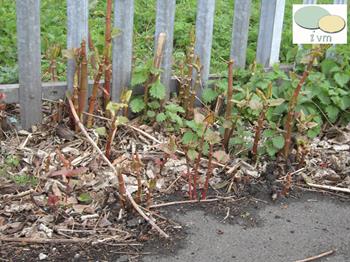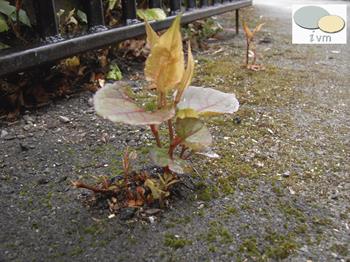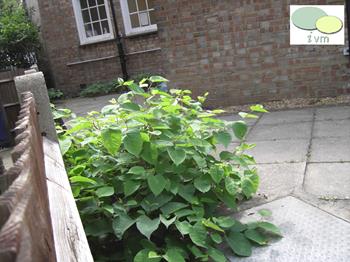Japanese Knotweed & Reform of Anti-Social Behaviour Powers
Invasive Vegetation Management & Treatment Ltd - July 2016 Newsletter Reform of anti-social behaviour powers Home Office guidelines related to Japanese Knotweed have recently changed. Here is a guide to the changes: What is the issue? "Invasive non-native plants are those species which have been “introduced” to areas outside their normal range by humans and have the ability to spread and pose serious threats to biodiversity, the economy and human health. The invasive non-native plants that cause serious problems include Japanese knotweed, Himalayan balsam and giant hogweed. These plants threaten our native biodiversity by crowding out native species and destabilising river banks. They can also cause damage to forestry, agriculture and infrastructure sectors." "Japanese knotweed, for example, can grow through tarmac and can cause structural damage to property, whilst giant hogweed can cause harm to human health. Individuals, businesses or organisations have a legal responsibility to prevent certain invasive non-native plants or injurious weeds on their premises spreading into the wild." How the new powers can be used? "Community protection notice: The community protection notice can be used against individuals who are acting unreasonably and who persistently or continually act in a way that has a detrimental effect on the quality of life of those in the locality. The Anti-social Behaviour, Crime and Policing Act 2014 does not explicitly refer to Japanese knotweed or other, similar invasive non-native plants, as the new anti-social behaviour powers are intended to be flexible. However, frontline professionals can stop or prevent any behaviour that meets the legal test in the powers." "The notice can be used to require someone to control or prevent the growth of Japanese knotweed or other plants that are capable of causing serious problems to communities. The test is that the conduct of the individual or body is having a detrimental effect of a persistent or continuing nature on the quality of life of those in the locality, and that the conduct is unreasonable. Under section 57 of the Act, “conduct” includes “a failure to act”." "Local councils and the police (in most cases it will be the local council) will have the power to issue notices for invasive non-native species like Japanese knotweed. The notice can place restrictions on a person’s behaviour (in the case of an individual, as long as they are aged 16 or over) and, if necessary, force them to take steps to rectify the behaviour that is having a detrimental effect on the quality of life of the community. This means if an individual, or organisation, is not controlling Japanese knotweed or other invasive plant and could be reasonably expected to do so, the notice could be used after a mandatory written warning has been served beforehand to get them to stop the anti-social behaviour. The notice would state what behaviour or action is having a detrimental effect on the quality of life of those in the local community." "The requirement(s) set out in the notice could include a requirement to stop a specified action or behaviour, a requirement to make reasonable efforts to make good any outstanding issues within a specified period of time and/or a requirement to take reasonable steps to prevent future occurrence of the problem. Breach of any requirement of a community protection notice, without reasonable excuse, would be a criminal offence, subject to a fixed penalty notice (which attracts a penalty of £100) or prosecution. On summary conviction, an individual would be liable to a level 4 fine. An organisation, such as a company, is liable to a fine not exceeding £20,000. Community trigger: the community trigger can be activated by an individual (or someone on their behalf with their consent) or an organisation to get agencies to deal with a persistent or previously ignored anti-social behaviour problem. This could also apply to Japanese knotweed or other invasive plants." "Agencies, including local authorities and the police, will have a duty to undertake a case review and consider what action they can take to resolve the problem when someone activates the trigger and their case meets a locally defined threshold. Where the threshold has not been met, local agencies can still carry out a case review based on factors such as the persistence of the problem, the harm or the potential harm caused or the adequacy of response from agencies." Further information on the above can be found on the Home Office website and via a PDF download: http://www.nonnativespecies.org/downloadDocument.cfm?id=1176Visit the IVM website for more information on Japanese Knotweed & Reform of Anti-Social Behaviour Powers





